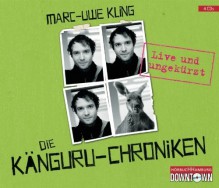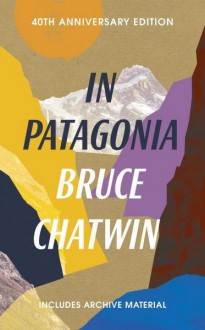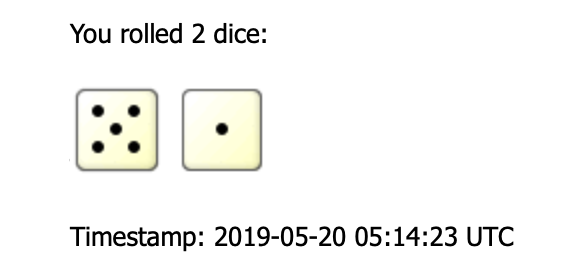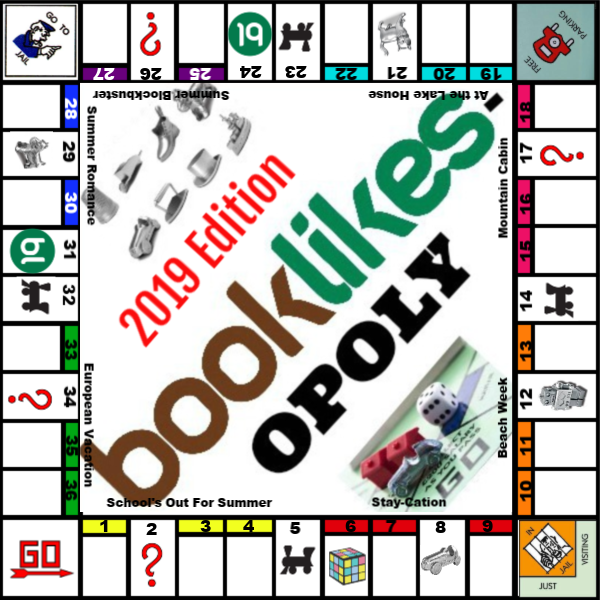
Having finished QualityLand (the dark edition, of course) I am surprised. Positively surprised. It is easy and fun to read, I understand why everyone praises it so highly and why my dad persistently urged me to read it.
Contrary to popular opinion, I would declare QualityLand a satire and not so much a dystopic novel. Marc-Uwe Kling has a very keen sense of language and he incorporates a number of great, innovative ideas with which he transforms our present-day world into the near-future society of QualityLand, where everyone is just a notch above our current level of being technology-crazy. The story is lovely in its simplicity: the Everyman Peter Arbeitsloser (which translates to Peter Jobless, I presume?) wants to return an item he neither ordered, nor wants to have, but which the algorithms in charge (because algorithms have basically taken over) refuse to take back, since they insist that Peter really wishes to have it, even though he himself doesn’t know it. And machines don’t make mistakes, right? Speaking of Peter Arbeitsloser; the idea of giving everyone the name of his/her parents’ job as a surname – *chef’s kiss*.
The world of QualityLand is constructed slowly and carefully, meaning that there is A LOT of exposition. I would even go this far and say that the first half of the book is mainly exposition setting up everything in order for the plot to be able evolve in the second half. But I really enjoyed reading the first half, it is funny, witty and even a bit scary once you start thinking about it. And once the plot starts, boy, does it move quickly. Overall good and smart writing with a lot of enjoyable German humour (when an Austrian says „German humour“ it is usually not a compliment, but in this case most of the jokes were indeed funny).
It is a matter of taste, but I did not enjoy the ending, I think it is a little rushed (especially in comparison to the slow pace in the beginning) and overloaded, because Kling felt the need to tie everything together in the last eleven pages, including the meta-level epilogue, which in my opinion was unnecessary.
My only real point of more or less objective criticism is that some explanatory passages were done really poorly. By that I specifically mean the parts in which most theories and principles that are used / parodied in the book (like Peter‘s Principle, game theory, Turing Test etc.) were explained in monologic straight up narration. You get the fact that Kling did quite a bit of research anyway by reading QualityLand and I hate it, when authors just throw a summary of what they found out about a certain topic directly in your face.
But apart from that, QualityLand is light fiction, that greatly entertains you while dealing with some serious underlying problems of our present-day world at the same time.

 Log in with Facebook
Log in with Facebook 













